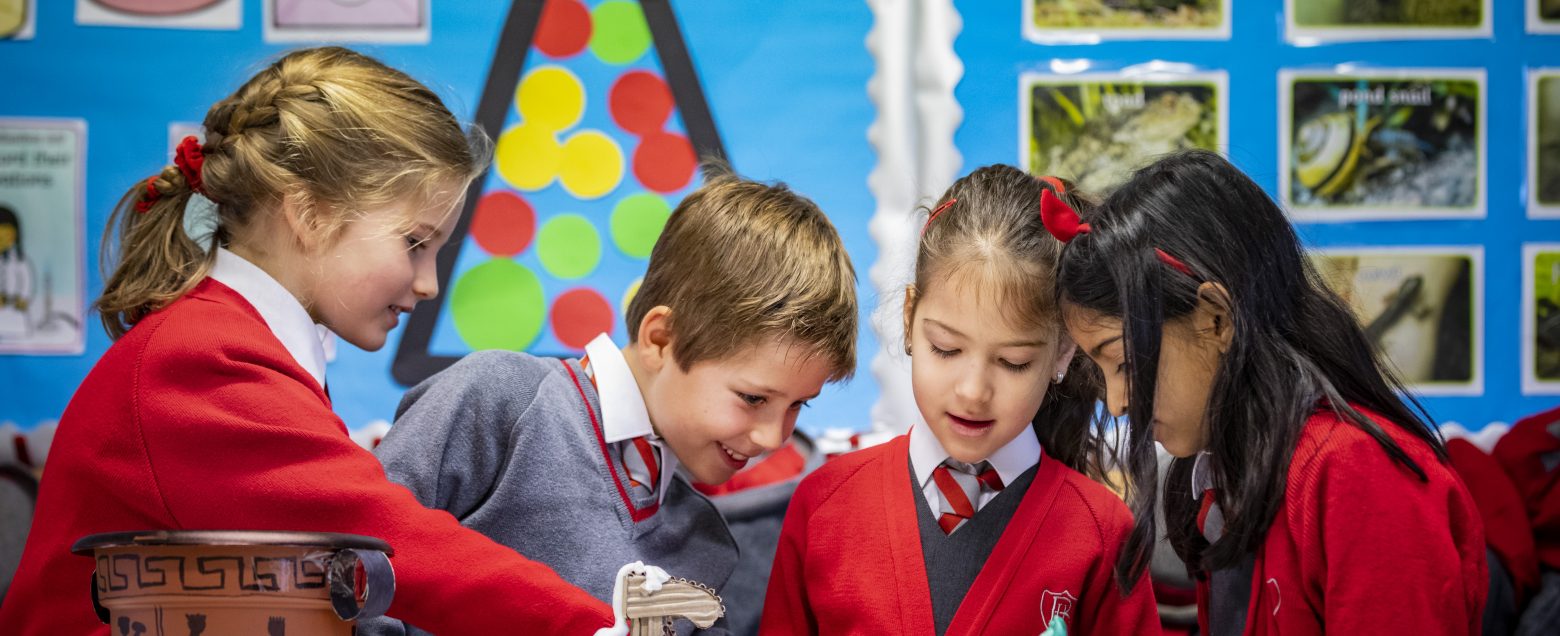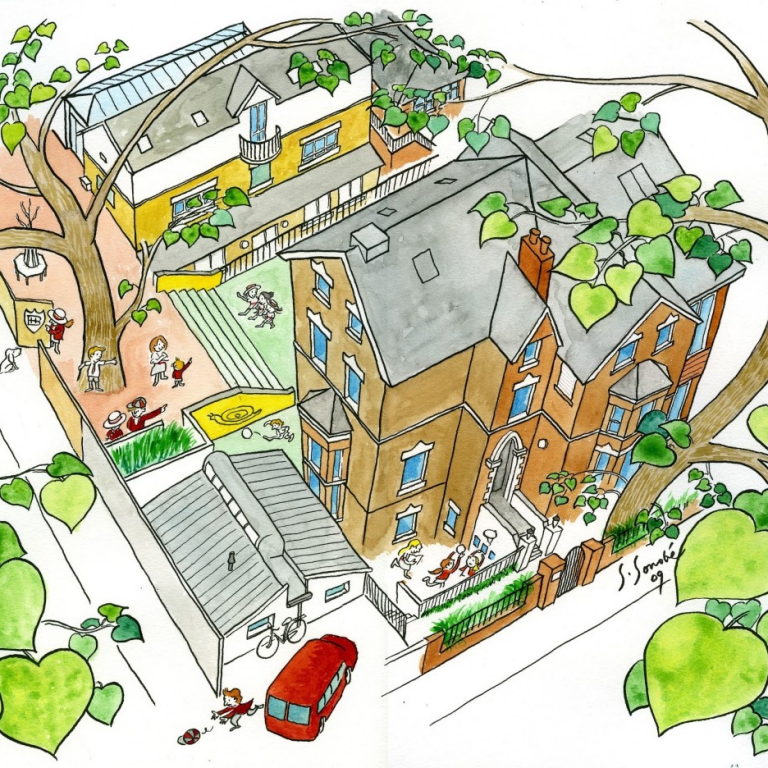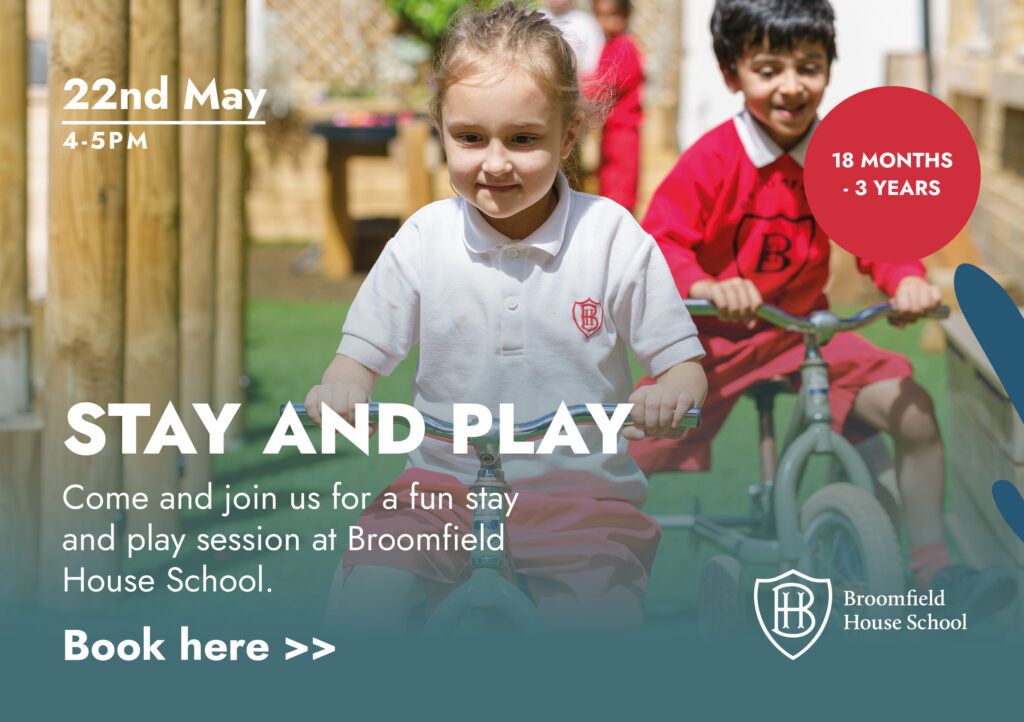With the digital age constantly evolving and with the ability to use technology effectively now a fundamental requirement within many industries, computing is an important and infinitely valuable part of the curriculum. Within computing, pupils are introduced to a wide range of programming projects and design challenges that are underpinned with a real focus on online safety throughout. Pupils are encouraged to evaluate the world around them and use these insights when inventing and designing their own solutions to modern day challenges.
Computing is the study of principles and practices that underpin an understanding and modelling of computation, and of their application within the real world.
At its heart lies the notion of computational thinking: a mode of thought that goes well beyond software and hardware, providing a framework within which to reason about systems and problems. This focuses on analysing, modelling and solving problems, skills which are applied cross-curricular and that support pupils’ ability to use computers effectively. Children are taught how computers and computer systems work, and how they are designed and programmed. They gain insight into computational systems of all kinds, whether or not they include computers. Lessons use real life examples to evidence the importance of computers within the modern world.
Computational thinking influences fields such as biology, chemistry, medicine engineering, linguistics, psychology, economics and statistics. It equips pupils with the skills to solve problems, design systems and understand the power and limits of human and machine intelligence. It is a skill that empowers, and one that all pupils should be aware of and have some competence in. Pupils who can think computationally are often better able to conceptualise and understand computer-based technology, and so are better equipped to function in modern society. Computing here is a practical subject, where invention and resourcefulness are encouraged. Pupils use a wide range of industry standard software on modern devices when bringing their ideas to life. The curriculum has elements of physical computing which requires pupils to use devices such the Micro:Bit along with text based code in order to solve some often complex problems.
Each half-term pupils take part in an online safety lesson dedicated to covering the important topics of safe use of the internet and devices, with a focus on respect, kindness and responsibility.
Pupils are expected to apply the academic principles they have learned to the understanding of real-world systems and to the creation of purposeful artefacts. This combination of principles, practice and invention makes it an extraordinarily useful and an intensely creative subject, with an aim to suffuse with excitement, both visceral (“it works!”) and intellectual (“that is so beautiful”).





